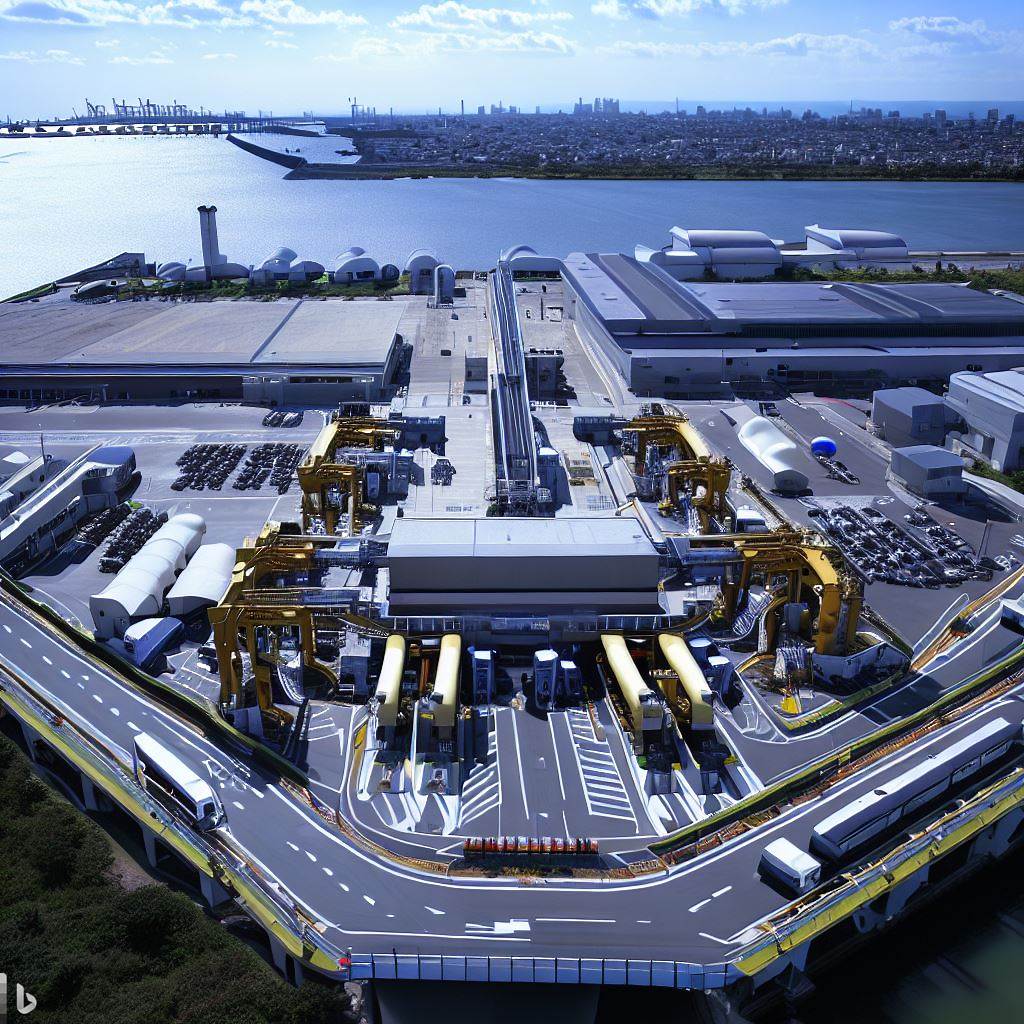ERP for Cross-docking Facilities: Elevate Efficient Goods Handling
Optimizing Cross-Docking Facilities: The Power of ERP Solutions. Discover how Enterprise Resource Planning (ERP) addresses challenges in goods handling, coordination, and efficiency. Streamline operations and enhance productivity for seamless cross-docking processes.
The cross-docking facilities business faces various pain points and bottlenecks due to the intricacies of efficiently handling and transferring goods. However, implementing an Enterprise Resource Planning (ERP) system can offer effective solutions to address many of these challenges:
Coordination of Inbound and Outbound Shipments: ERP’s real-time tracking and scheduling capabilities optimize the coordination of shipments, reducing delays and congestion.
Benefits of ERP Implementation for Cross-docking Facilities
Time Sensitivity:
ERP streamlines cross-docking processes, ensuring quick turnaround times and minimizing inventory holding periods.
Inventory Management:
ERP’s inventory management modules accurately track and manage inventory, preventing stockouts and overstock situations.
Sorting and Segregating:
ERP systems automate sorting and categorization of diverse shipments, enhancing efficiency.
Labor Intensity:
ERP’s workforce management features optimize labor allocation and improve workforce productivity.
Space Constraints:
ERP’s space utilization analysis optimizes storage and handling for maximum efficiency.
Safety Concerns:
ERP’s safety protocols and training modules ensure the safety of workers and goods during operations.
Cross-Docking Efficiency:
ERP solutions enable data-driven decisions, streamlining cross-docking processes and reducing lead times.
Technology Integration:
ERP implementation integrates advanced technologies for seamless operations and data sharing.
Shipping Documentation:
ERP’s automated documentation capabilities manage complex shipping documents for multiple shipments.
Transportation Connectivity:
ERP’s transportation management features facilitate coordination with various providers for smooth transfers.
Quality Control:
ERP’s quality control modules verify the accuracy and condition of incoming shipments.
Temperature Control:
ERP’s temperature monitoring ensures proper conditions for temperature-sensitive goods.
Product Mixing:
ERP systems handle mixed loads, ensuring the right products are included in shipments.
Productivity and Efficiency:
ERP data insights identify bottlenecks and improve overall operational productivity.
Communication Gaps:
ERP’s integrated communication tools improve collaboration among stakeholders, minimizing delays.
Regulatory Compliance:
ERP systems maintain compliance with regulations for handling various goods.
Security Measures:
ERP’s security features help prevent theft or loss of goods through enhanced tracking and monitoring.
Reverse Logistics:
ERP’s reverse logistics management streamlines and processes return shipments.
Frequent Volume Fluctuations:
ERP systems adapt operations to accommodate varying shipment volumes efficiently.
Equipment Maintenance:
ERP’s maintenance scheduling ensures loading/unloading equipment is regularly serviced.
Real-Time Visibility:
ERP’s real-time tracking and monitoring provide full visibility into shipment status.
Optimal Routing:
ERP’s route optimization capabilities determine the most efficient transfer routes.
Handling Fragile Items:
ERP’s handling guidelines and safety measures address the safe handling of delicate goods.
Labour Shortages:
ERP’s workforce planning helps manage workforce shortages during peak periods.
Capacity Planning:
ERP’s demand forecasting supports capacity planning for future needs.
Standardization of Processes:
ERP enforces standardized workflows for consistency and efficiency.
Interoperability with Suppliers and Customers:
ERP integration with partners ensures seamless data exchange.
Unforeseen Disruptions:
ERP’s adaptive capabilities help manage unexpected events affecting operations.
Environmental Impact:
ERP systems promote sustainable practices, reducing the environmental impact of operations.
Implementing an ERP system tailored to cross-docking facilities can significantly streamline operations, optimize resources, and enhance overall efficiency, overcoming the complexities of goods transfer and handling effectively.
